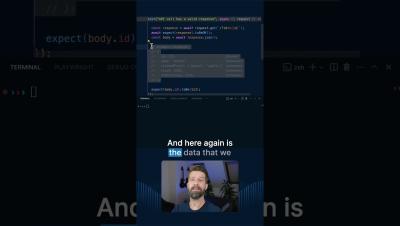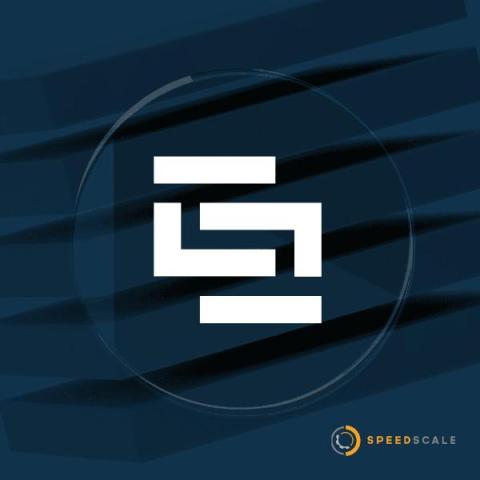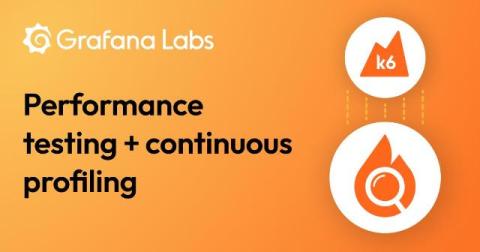The App Development Lifecycle: From Concept to Launch
The mobile app development journey may differ from app to app in its minor details, but the app development order stays fairly the same across genres and application types. There's a rigid structure that app developers must abide by to ensure that their application is ready for launch. Following these phases is critical to ensure that the app is functional, user-friendly, and market-ready.











